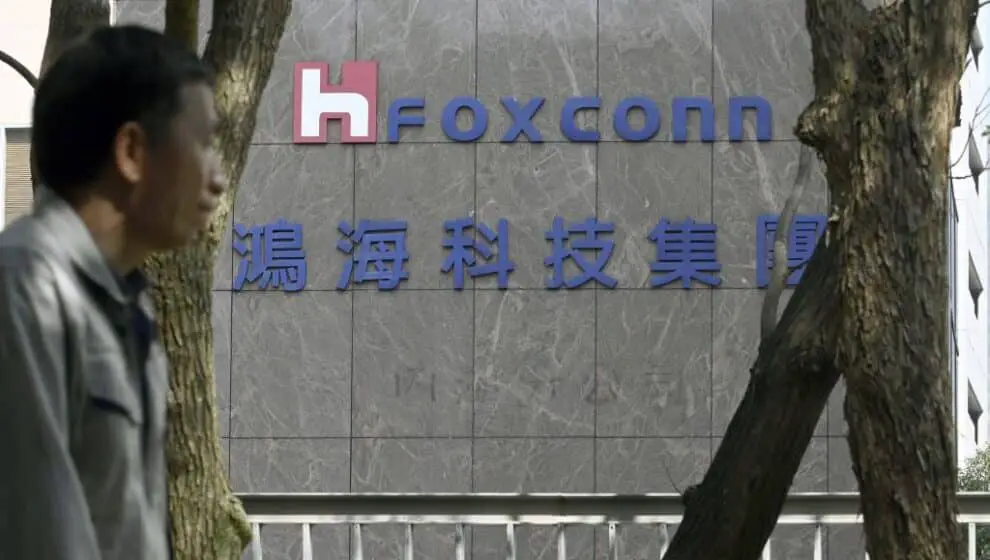Apple is no longer comfortable relying on China for iPhone production—and is seeking to move its manufacturing elsewhere.
Key Details
- China’s disruptive and violent COVID protests and government policies are incentivizing Apple and Foxconn Technology Group to move iPhone production outside of China and Taiwan.
- Apple insiders tell The Wall Street Journal that it is accelerating plans to move production elsewhere in Asia such as Vietnam and India. The company will likely invest in multiple assembly plants in multiple countries to protect supply chains.
- The Chinese Communist Party recently praised Foxconn as one of its largest employers with nearly 1 million workers—representing 3.9% of the country’s exports.
- It is unlikely that Apple’s exodus will affect other manufacturing companies in China.
Why it’s News
As we previously reported, COVID spikes and “Zero-COVID Policy” enforcement slowed new iPhone supplies in the U.S. in the lead-up to the holiday season. The trickle of new iPhones has shaken the company’s confidence in the Communist superpower. Apple and China’s relationship had previously been mutually beneficial but tensing political relations and political instability have soured the relationship.
“Protests in Chinese cities over the past week, during which some demonstrators called for the ouster of President Xi Jinping, suggested criticism over COVID restrictions could build into a larger movement against the government. All this comes on top of more than five years of heightened U.S.-China military and economic tensions under the Trump and Biden administrations,” says The Wall Street Journal.
Backing up a Bit
The effect on global commerce may not be far-reaching. There have been multiple calls to pull factory production and commerce out of China following its censorship policies and supply-chain issues during the COVID pandemic. These have not led to serious action.
Interest in offshoring Chinese production would require tremendous effort and cost, and would draw the acrimony of the Chinese government in the process. 95% of companies are currently reconsidering relationships with China but none of them are fully backing away. Some analysts are saying it could take as much as eight years for Apple to divest 20% of its supply chain.
“While the tech giant is a reliable trendsetter with supply chain bona fides, the data and the experts indicate other consumer goods makers are unlikely to follow its lead en masse, even as disruptive protests related to COVID lockdowns offer yet another reason to rethink their supply chains,” says Business Insider.
